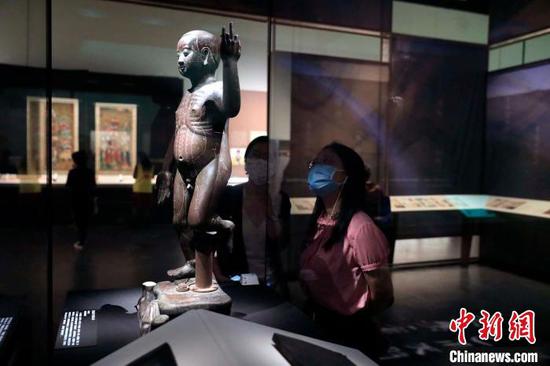Chinese authorities have moved to forestall and handle the risks related to virtual-currency trading and speculation, according to a notice made public on Friday by the People's Bank of China.
"All virtual-currency-related business activities are illegal and should be strictly prohibited and cracked down upon in accordance with the law," said the notice jointly issued by the central bank and nine other government departments.
It is also considered an illegal financial activity for overseas virtual-currency exchanges to provide services for domestic residents via the internet, according to the notice.
China's policies for virtual currencies are consistent, the PBOC said in a Q&A statement, reiterating that virtual currencies do not have the same legal status as fiat currencies and cannot be circulated in the market.
A raft of measures will be rolled out to strengthen virtual-currency regulation. Financial institutions and non-bank payment institutions are banned from offering services for virtual-currency-related business activities, according to the notice.
China will enhance the management of internet content and access, market entity registration and advertising related to virtual currencies, the notice said.
Efforts will also be made to impose a harsh crackdown on virtual-currency-related illegal financial activities and criminal activities.
In recent years, the rampant expansion of virtual currencies such as Bitcoin has disrupted the economic and financial order, bringing about criminal activities such as money-laundering, and severely endangering the safety of people's property, said the central bank.
China has taken a tough line on virtual currencies. Also on Friday, the National Development and Reform Commission, the country's top economic planner, published a notice to step up its crackdown on virtual-currency mining.


















































 京公网安备 11010202009201号
京公网安备 11010202009201号